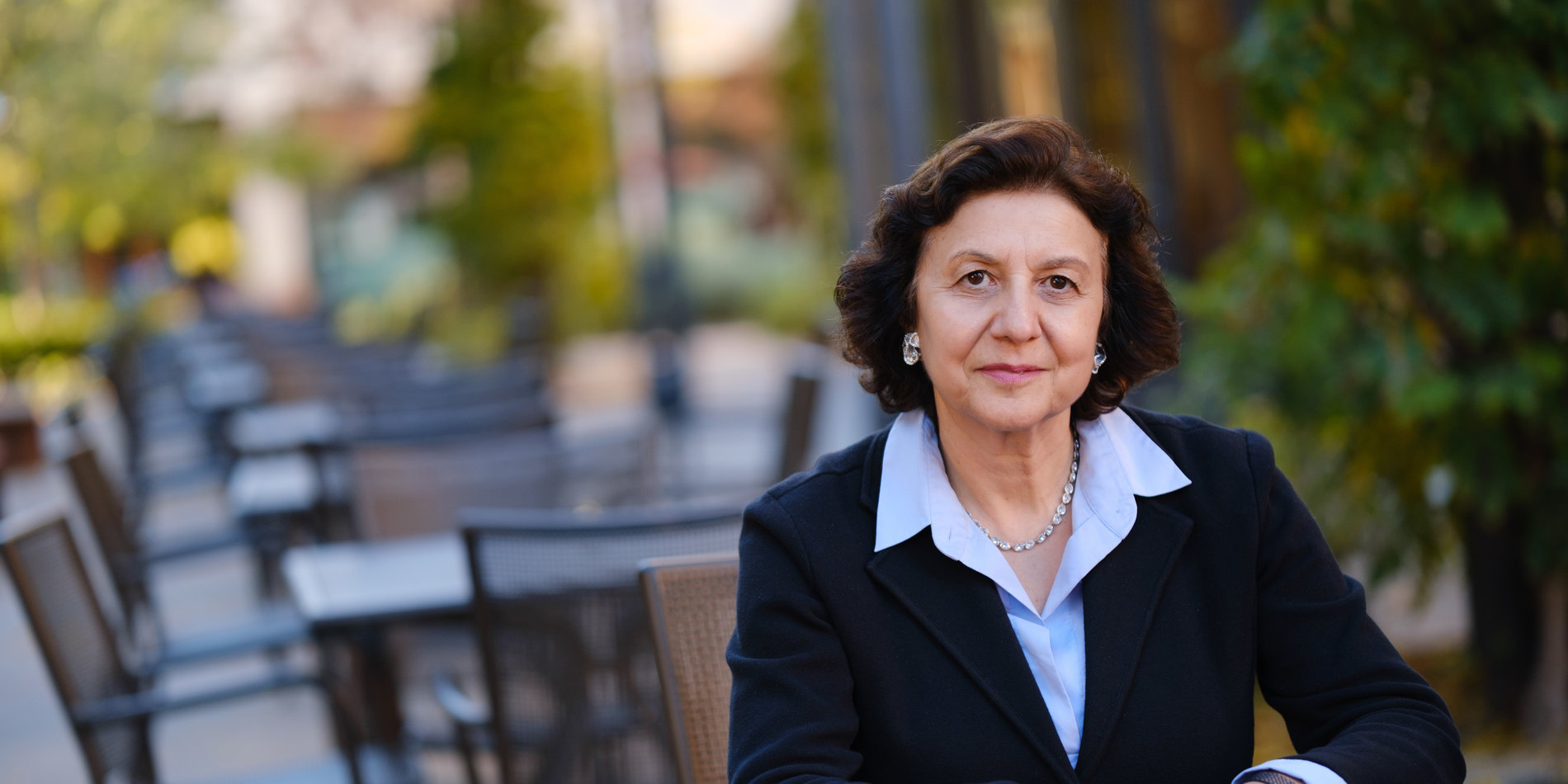Nina Buchmann, PhD student
This story is part of the Why Econ? series. Our affiliated students and faculty share why econ matters to them, their work, and our world.
Nina Buchmann’s interest in global economic inequality and its relationship to gender took root early.
Her family was living in civil war-torn Sri Lanka when she was born, and the exposure to economic disparities and the surrounding violence compelled her, years later, to work in the slums of India after high school for an NGO that assisted women and children with HIV.
And when Buchmann did her undergraduate education, she planned to study international relations with the idea of launching a career fighting war crimes.
But after some friends encouraged her to take an introductory econ class, she found a different way to make an impact.
“I loved the course. I loved the empirical and evidence-based approach to poverty and development,” she says. “So I knew I would still do development, but I would be an economist — a development economist.”
The tools of economics, Buchmann says, open up different ways of examining very specific issues.
Buchmann followed her bachelor’s degree in economics with a master’s in development economics. In between that time, as she worked as an analyst at the trade and development arm of the UN, the prevalence of violence — including violence outside of war — resurfaced on her radar.
After getting her master’s degree, Buchmann turned to doing research at the Jameel Poverty Action Lab (J-PAL) at Duke University. And now, as a graduate student at Stanford, Buchmann has garnered a “best paper” award and research fellowship grants from SIEPR and the Stanford King Center on Global Development among others for her projects that seek to shed light on factors behind discrimination and domestic violence.
“Understanding why violence decreases with income is key to identifying interventions,” Buchmann says.
The bulk of her work has thus far focused on evidence from Bangladesh, but Buchmann sees gender discrimination across rich and poor countries alike.
“If there’s something you think is important, and you think people should think and do more about it, you can study it,” Buchmann says. “I think I want to keep doing that.”
More Why Econ Stories
-

Annamaria Lusardi, Senior Fellow
When Annamaria Lusardi greets students on the first day of her class on personal finance, she sets the record straight: She isn’t teaching them just how to save or invest. -

Emma Hou, '24
Emma Hou stumbled onto economics by chance. As a high school junior visiting her brother at Stanford, she dropped into an introductory economics course. That first step led to a much longer journey.
